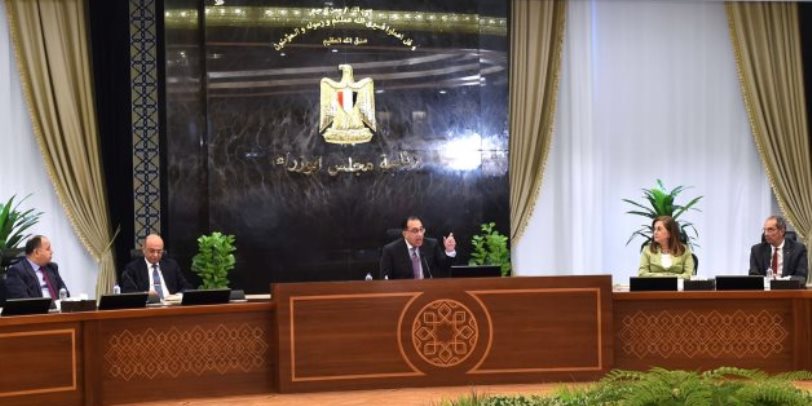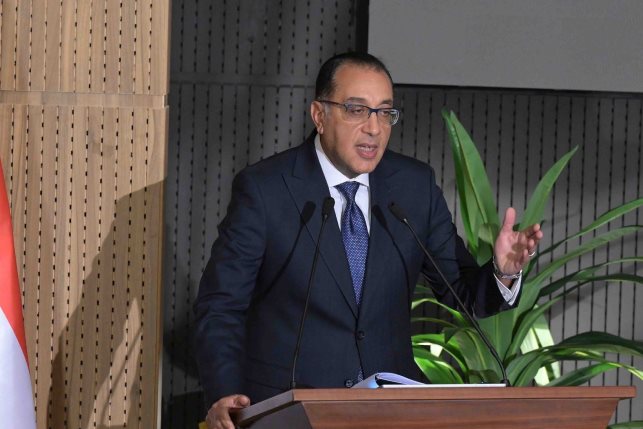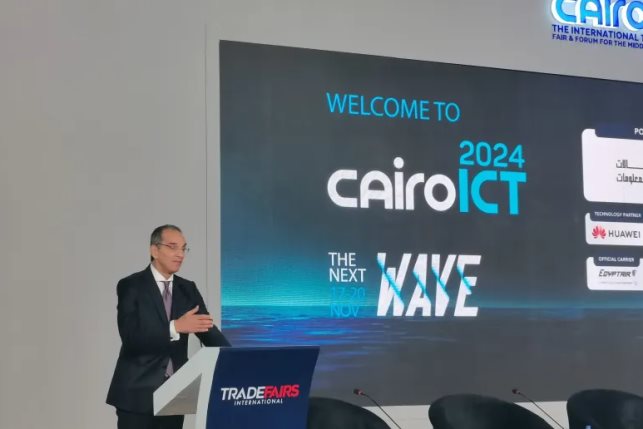New Supreme Investment Council expected to resolve disputes, incentivize new investors in Egypt
The formation of the Supreme Investment Council will contribute to a better investment climate.
 Supreme Investment Council set to transform Egypt's investment climate, prioritizing agriculture and industry - File Photo
Supreme Investment Council set to transform Egypt's investment climate, prioritizing agriculture and industry - File Photo
Egyptian business leaders have praised the formation of the Supreme Investment Council under President Abdel Fattah El-Sisi for its potential to facilitate investment incentives and spur economic growth.
Dr. Walid El-Swedy, Vice Chairman of the Engineering Consultancy Committee at the Egyptian Businessmen's Association, stressed the importance of diverse private sector representation in the Council across various sectors, including real estate development. He believes the private sector is the largest employer and has the most experience to identify obstacles to investment.
El-Swedy lauded El-Sisi’s leadership of the Council, which he says will give the government significant focus on investing in Egypt. He added that the investment file requires a boost and specialized experts, not just ministries and authorities facilitating business. Without investment, there can be no hard currency or market stability, or economic reform.
El-Swedy stated that El-Sisi's leadership of the Council provided a vision and green light for the government to speed up decision-making and eliminate routine. However, they need more private sector experts to find solutions to problems faced by investors and businessmen on the ground.
The formation of the Supreme Investment Council will contribute to a better investment climate, with the Council ensuring the rapid resolution of disputes, immediate follow-up on all decisions, and discussion of all legislation and laws and encouraging incentives to attract new investors.
The Council should also address all stalled projects and find a way to restart them and utilize all productive capacities. El-Swedy also emphasized the need to prioritize and incentivize industrial investment.
The formation of the Supreme Investment Council under President Abdel Fattah El-Sisi has been hailed by Egyptian business leaders as a potentially transformative development for the country's investment climate. The Council's focus on private sector representation and investment incentives, particularly in agriculture and industry, could help spur economic growth and attract new investment to the country.
According to Dr. Abeer Essam, a member of the Association of Businessmen, this move will contribute to reducing bureaucracy and conflicting competencies and decisions of government agencies, as well as reassuring both local and foreign investors.
Essam also praised the representation of the Egyptian Industries Union and the Egyptian Federation of Investors Associations and Institutions in the Supreme Council for Investment, which strengthens the link between the government and the private sector and gives impetus to the private sector to increase its investments. She added that it reflects a positive message that demonstrates the state's keenness on investors and industries, considering the private sector as a main partner in development.
Meanwhile, Ahmed El-Shenawy, Vice President of the Sustainable Development Committee at the Egyptian Businessmen's Association, emphasized the importance of President Sisi's decision to form the Supreme Council for Investment in enhancing Egypt's attractiveness and the business climate for investors.
El-Shenawy stated that the strong formation of this council, led by President el-Sisi and comprising all relevant ministries and investment-related entities, sends important messages. These messages include the need for rapid issuance of the required decisions and a real and effective effort to solve investment problems and remove obstacles.
However, to achieve its goals, there must be integration and participation in the formation of the council between the government and businessmen. Therefore, it is necessary to have representation for civil society and the private sector to present all obstacles and challenges from different perspectives to reach a clear, defined, and implementable vision.
Moreover, Essam highlighted the importance of issuing a package of incentives and non-traditional encouraging decisions for investors that are compatible with global economic conditions, especially those related to providing industrial lands in governorates and creating a map of heritage industries that characterize each governorate, as well as privileges for youth in industrial complexes.





